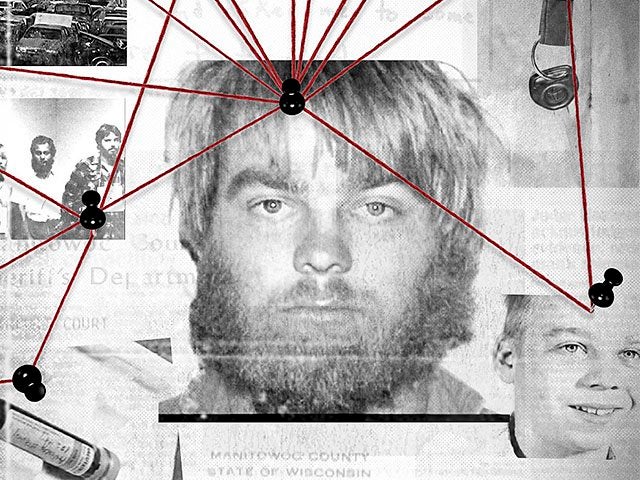Making a Murderer creators: This is bigger than Steven Avery, it's about America
'I guarantee you that what you see playing out in this series is playing out in every state in this nation'

Your support helps us to tell the story
From reproductive rights to climate change to Big Tech, The Independent is on the ground when the story is developing. Whether it's investigating the financials of Elon Musk's pro-Trump PAC or producing our latest documentary, 'The A Word', which shines a light on the American women fighting for reproductive rights, we know how important it is to parse out the facts from the messaging.
At such a critical moment in US history, we need reporters on the ground. Your donation allows us to keep sending journalists to speak to both sides of the story.
The Independent is trusted by Americans across the entire political spectrum. And unlike many other quality news outlets, we choose not to lock Americans out of our reporting and analysis with paywalls. We believe quality journalism should be available to everyone, paid for by those who can afford it.
Your support makes all the difference.Making a Murderer filmmakers Moira Demos and Laura Ricciardi have discussed the huge response to their Netflix documentary, saying that they are delighted that viewers have become so passionately engaged with Steven Avery’s case, but that the series is really about a problem endemic in the US justice system.
Asked what her reaction was to calls for Avery to be released following the show’s premiere, Demos told The Wrap:
"I think it’s great to have viewers engaged and to have people getting involved in the world. But our hope is the dialogue reaches beyond these cases or beyond Manitowoc County or Wisconsin, for that matter. This is an American story. This just happened to be a high-profile case that two filmmakers spent a decade chronicling so that people could see it in depth. But I guarantee you that what you see playing out in this series is playing out in every state in this nation, and there’s a broader dialogue that needs to be happening."
The documentary was met with anger from Ken Kratz, whom it does not paint in a good light, with the Wisconsin state prosecutor saying: “You don’t want to muddy up a perfectly good conspiracy movie with what actually happened.”
Asked what they made of Kratz disparaging their work, Ricciardo fired back:
"This is coming from a man who argued in closing arguments that reasonable doubts are for innocent people. This is coming from a man who said, “So what if the key was planted?” This is coming from a man who was forced out of office for admittedly sending sexually suggestive text messages to a domestic-violence victim whose case he was prosecuting. We are confident. We stand by the project we did. It is thorough. It is accurate. It is fair. That is why it took us 10 years to produce it.
"As I’ve said before, Ken Kratz is entitled to his own opinion, but he’s not entitled to his own facts. If he’d like to put together a documentary and try to discredit us in some way, he’s welcome to do that. We’re not going to be pulled into re-litigating the Halbach case with him."
The filmmakers tried to interview Kratz several times while making the show but he refused. They believe that by talking now he is “clearly trying to rehabilitate himself in the public eye.
“This is a man who was disgraced.”
Join our commenting forum
Join thought-provoking conversations, follow other Independent readers and see their replies
Comments